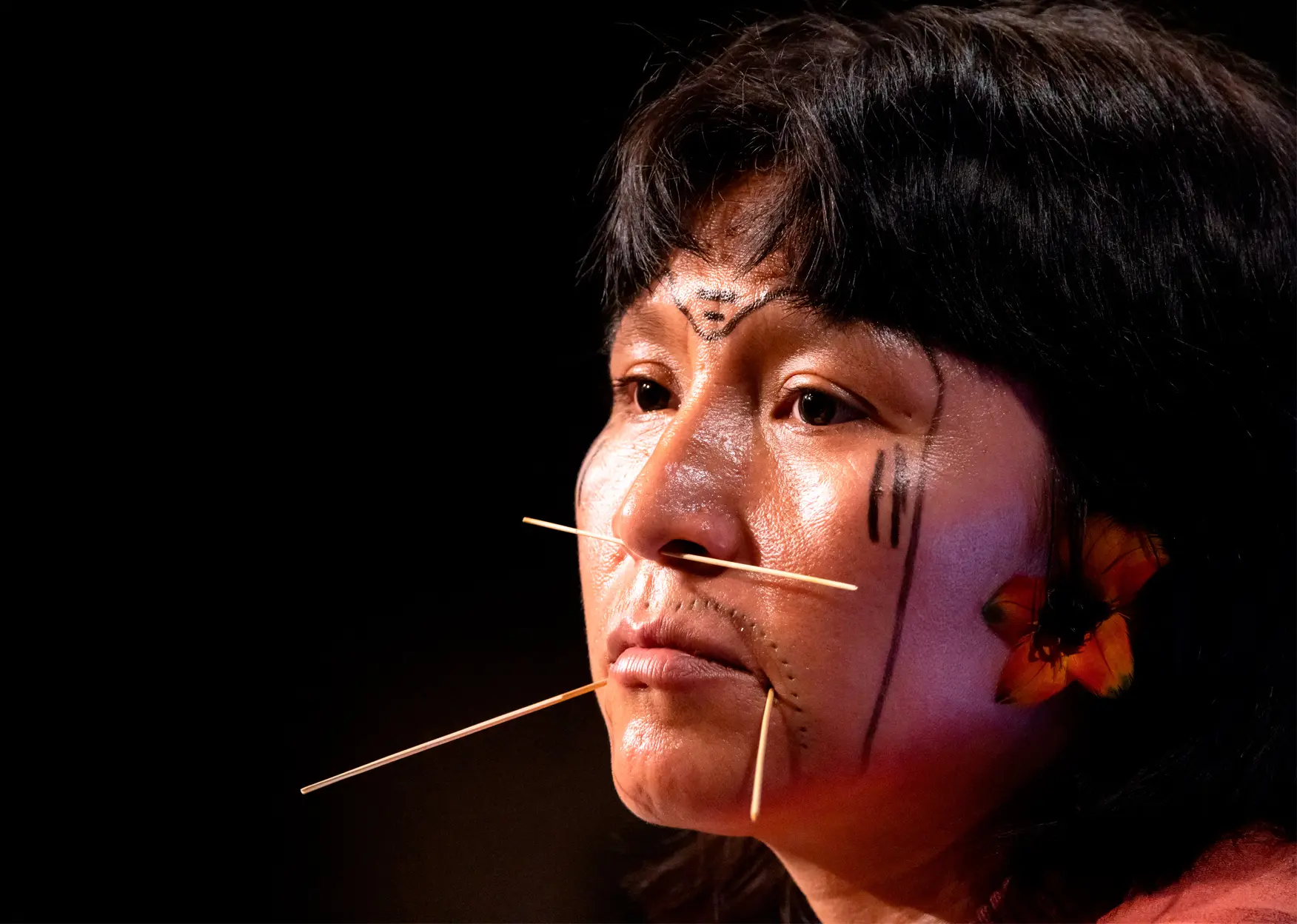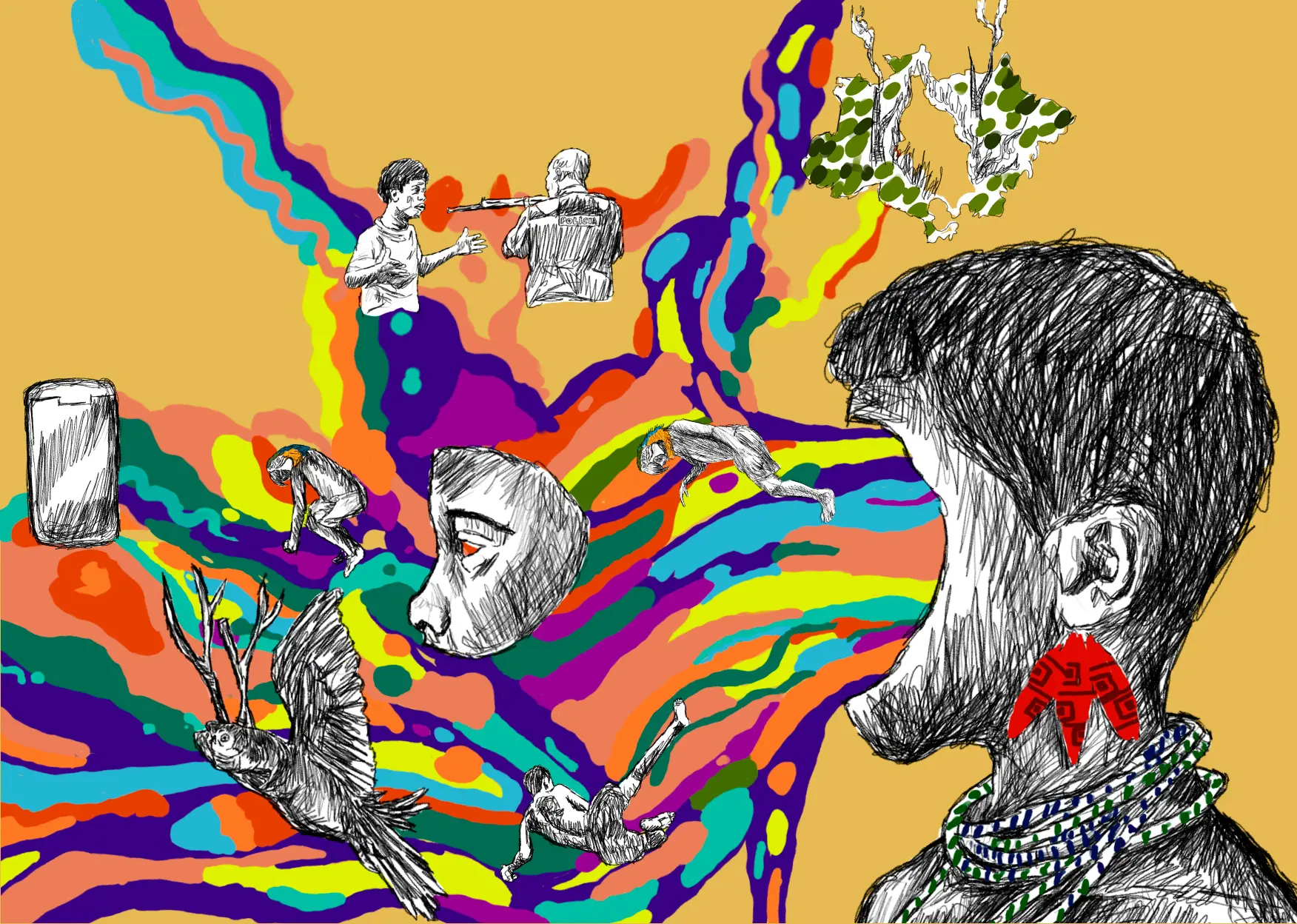Brazil, which in the last four years cried for the death of 40 indigenous leaders, the lack of indigenous land demarcation and the death of 570 Yanomami children due to a lack of medical care, saw a historical moment this week. For the first time, two indigenous women, Sonia Guajajara and Célia Xakriabá of the Socialism and Liberty Party (PSOL), were elected into the National Congress, inaugurating the much fought for Bancada do Cocar [the Indigenous caucus known as the feather headdress caucus]. Sonia will leave her position in parliament to occupy the Ministries Esplanade, where she became the first minister of the Indigenous Peoples of Brazil.
The two women followed the path that was made available in 2018 by Joenia Wapichana of the Sustainability Network Party (Rede Sustentabilidade), the first indigenous woman to be voted into Congress. Joenia herself, this week, also became the first indigenous woman to be named president of the National Foundation for Indigenous Peoples (FUNAI).
The arrival of the three women at the center of power in Brasília was the result of a struggle that started from the bottom, on the floor of the indigenous villages. About the meaning of this new moment, SUMAÚMA talked to indigenous people from various parts of the country who were present in Brasilia to attend the inauguration ceremonies and participate in a women’s march.
Translated by Nicole Froio




